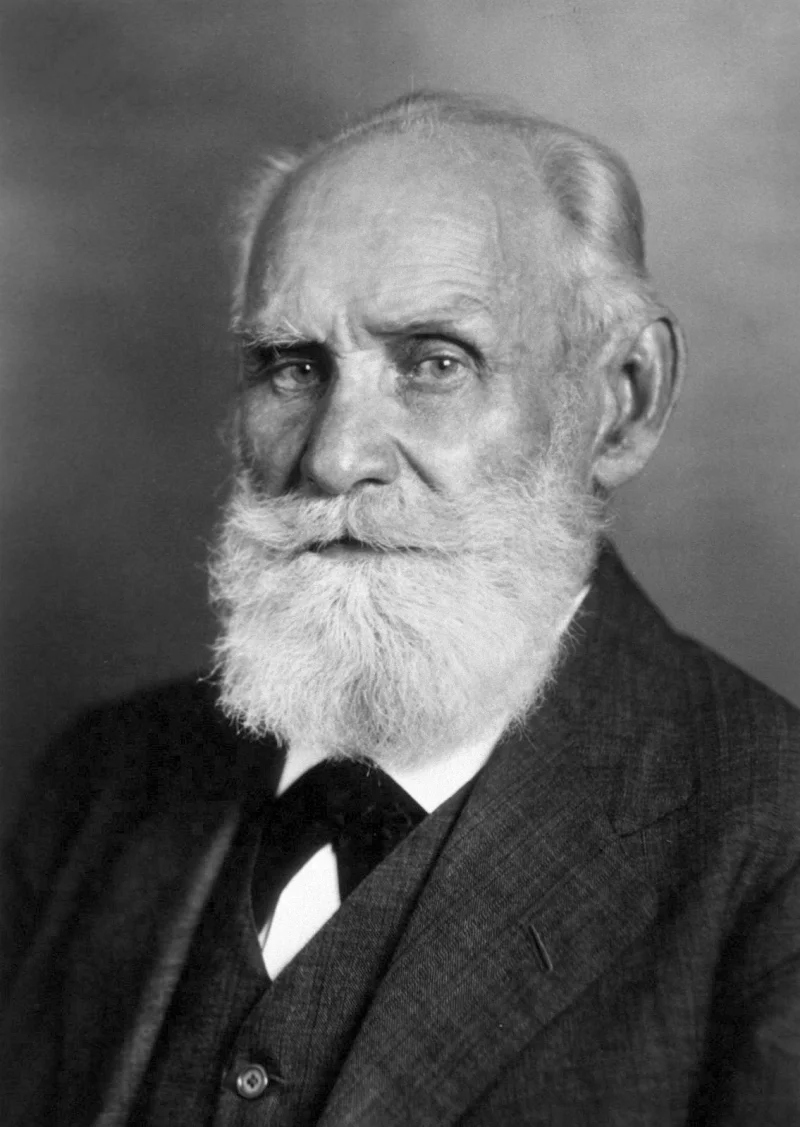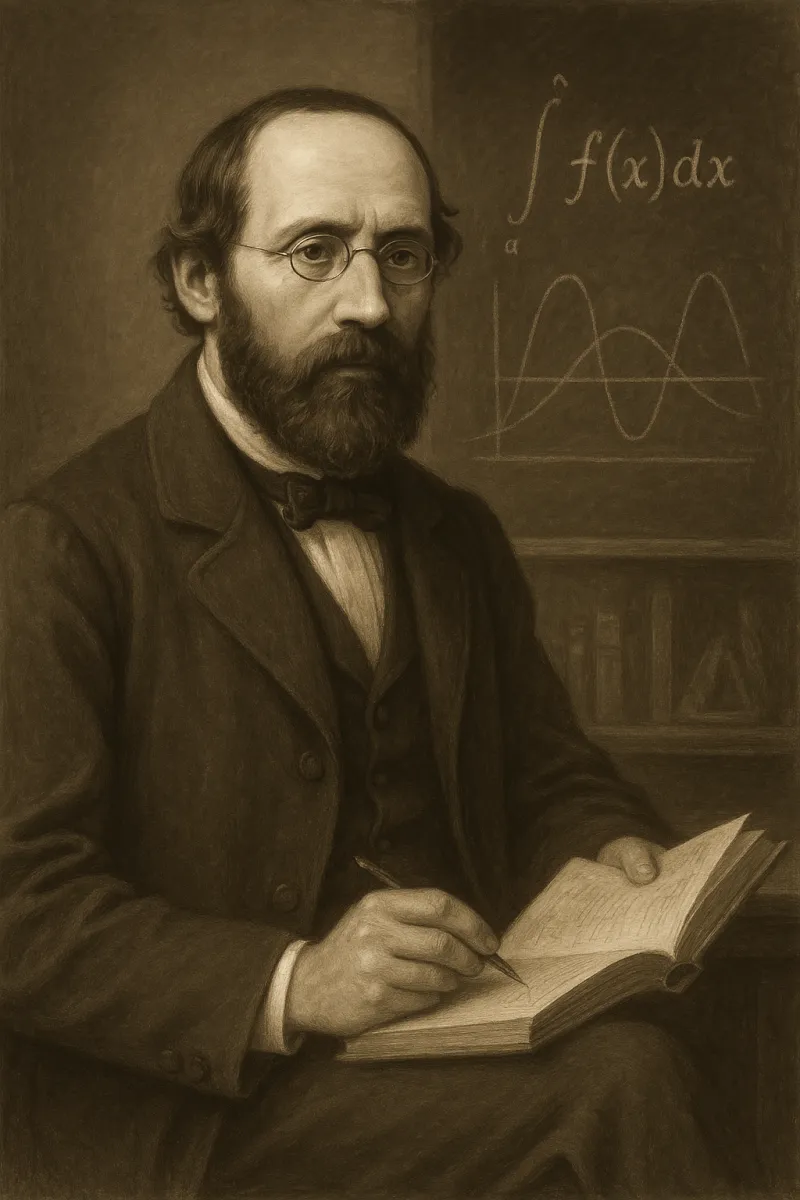Short Summary
Joseph-Louis Lagrange was an influential mathematician and astronomer renowned for his contributions to the fields of analysis, number theory, and classical mechanics. Born in the Kingdom of Sardinia, Lagrange spent much of his career in Berlin and Paris, where his work laid the foundations for future developments in mathematics and physics. He is best known for formulating Lagrangian mechanics, which became a central part of classical mechanics. His profound influence extends across mathematics, physics, and engineering.
Early Life & Education
Joseph-Louis Lagrange was born on January 25, 1736, in Turin, which was then part of the Kingdom of Sardinia. His father was Giuseppe Lagrangia, the Treasurer of the Office of Public Works and Fortifications, and his mother was Teresa Grosso. Initially showing little interest in mathematics, Lagrange's interest was piqued at the age of 17 after reading a paper by Edmund Halley. He subsequently began his mathematical studies, largely self-taught, at the University of Turin. His early work caught the attention of prominent mathematicians, leading to his appointment as a professor at the Royal Artillery School in Turin at the age of 19.
Career Highlights
Lagrange's career began in Turin, but his reputation soon spread across Europe. In 1766, he succeeded Leonhard Euler as the director of mathematics at the Berlin Academy upon the invitation of Frederick the Great. During his 20-year tenure in Berlin, he produced some of his most significant work in calculus and mechanics. In 1787, Lagrange moved to Paris, where he became a member of the French Academy of Sciences. His time in Paris was highly productive, culminating in the publication of "Mécanique Analytique," a seminal work that redefined classical mechanics.
Major Achievements
- Formulated Lagrangian mechanics, revolutionizing classical mechanics with a new analytical framework.
- Contributed to number theory with the Lagrange's Four Square Theorem, which states that every natural number can be represented as the sum of four integer squares.
- Developed Lagrange multipliers, a strategy for finding the local maxima and minima of a function subject to equality constraints.
- Published "Mécanique Analytique," which synthesized and extended the work of previous physicists and mathematicians into a unified whole.
Famous Quotes
- "As long as algebra and geometry have been separated, their progress have been slow and their uses limited; but when these two sciences have been united, they have lent each mutual forces, and have marched together towards perfection."
- "It took them only an instant to cut off that head, but France may not produce another like it in a century."
Interesting Facts
- Lagrange became a member of the Berlin Academy without ever visiting Berlin before his appointment.
- He was one of the few intellectuals who survived the French Revolution without fleeing or facing imprisonment.
- Lagrange was deeply affected by the execution of Antoine Lavoisier, remarking on the rarity of such brilliance.
- Napoleon Bonaparte made him a Count of the Empire in recognition of his scientific contributions.
Legacy / Influence
Lagrange's work has had a lasting impact on mathematics and physics. His formulation of Lagrangian mechanics is integral to theoretical physics, impacting how scientists understand and predict the behavior of dynamic systems. His mathematical methods are widely applied in economics and engineering, demonstrating the broad applicability of his ideas. Lagrange’s influence endures, as his contributions continue to underpin modern scientific research and educational curricula.
FAQ
Q: Why is Joseph-Louis Lagrange famous?
A: He is famous for his foundational contributions to mathematics and mechanics, particularly Lagrangian mechanics.
Q: What did Lagrange contribute to number theory?
A: He developed Lagrange's Four Square Theorem, which states that every natural number can be expressed as the sum of four squares.
Q: Which of Lagrange's works is considered seminal in the field of classical mechanics?
A: "Mécanique Analytique" is considered a seminal work in classical mechanics.












